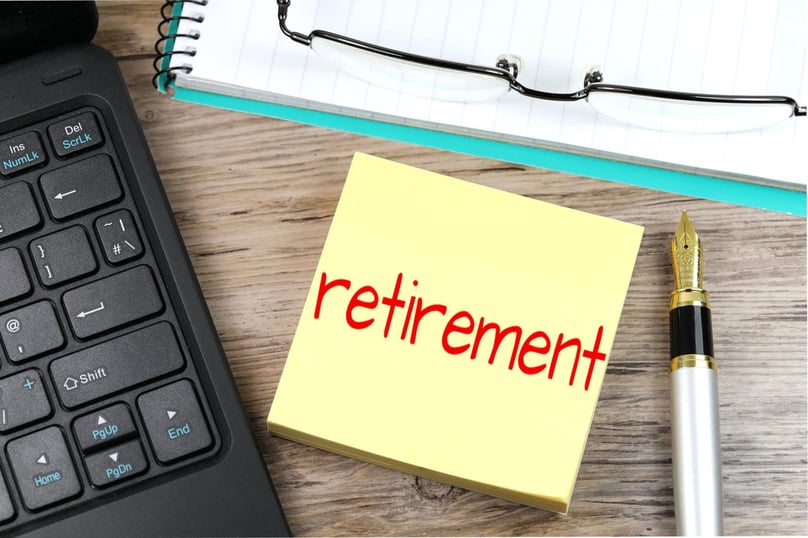According to recent research by Vanguard, the belief that older generations are more prepared for retirement could be misleading, with as little as 42% of Americans truly prepared for their retirement. When viewing the data through a generational lens, it becomes clear that baby boomers are one of the least prepared groups, with significant savings shortfalls and limited time to make up for these lapses.
Vanguard’s 2025 Retirement Outlook portrays a generational contrast in terms of retirement preparedness. Approximately 47% of Gen Z and 42% of millennials are on track for maintaining their current lifestyle and spending habits post-retirement. Only 40% of baby boomers and Gen Xers are in a similar position.
The situation is particularly alarming for baby boomers with a median income of $56,000 per year, as their retirement savings are predicted to replace merely 56% of their pre-retirement income. This results in a yearly shortfall of around $9,000. The limited access to retirement plans and the changes in retirement plan design are some of the factors that have left baby boomers less equipped to retire comfortably.
Researchers at Vanguard believe that baby boomers may have missed important transformations in defined contribution (DC) plans, like 401(k)s which underwent crucial changes in the mid-2000's. As DC plans rose to popularity and traditional defined benefit (DB) plans, like pensions, lost favor, younger generations found themselves in a beneficial position due to their increased access to 401(k)s.
One pressing issue for baby boomers is that the window of opportunity to save for retirement is swiftly closing due to fewer working years ahead and limited time to exploit retirement plans. However, experts believe that, while challenging, it is still possible for baby boomers to make improvements in their retirement readiness.
In light of these challenges, baby boomers should prioritise paying off their high-interest debts. Their retirement plan should include strategies to boost their savings, and they should consider extending their working years to continue contributing to their retirement funds. Financial experts warn against the cycle of accruing high-interest credit card debt in a misdirected effort to make up for weak retirement savings.

